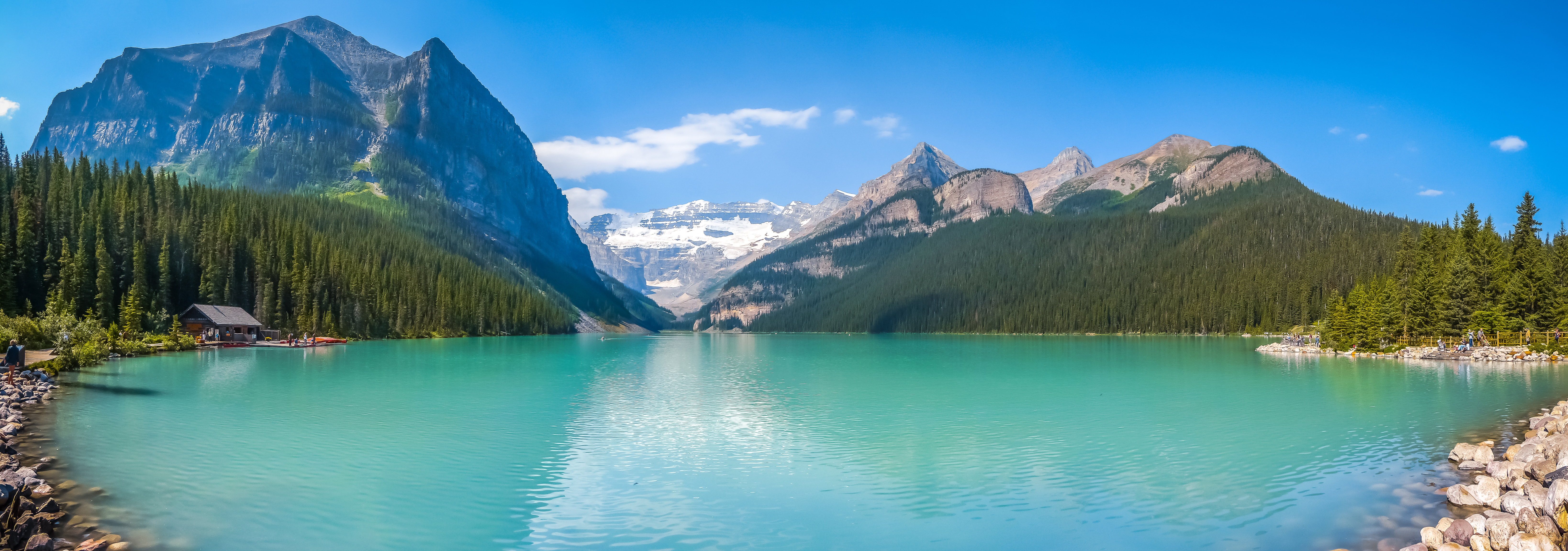Why care about water?

Water is vital to human life. We need water to survive. Our bodies are also made with water – in fact the average adult human body averages around 57-60% water composition [1].
Now, take a moment to think about your day:
Did you eat food?
Did you take a shower?
Did you use electricity?
Did you need a coat for winter?
Did you water your garden?
Did you take transport somewhere?
These activities all need water. In addition, it serves a key role in the function of our environment and is vital to the health of our economies.
We have lot of water and good quality water in Alberta, right?
There are many parts of the world without abundant, clean water. Regions like Africa and the Middle East suffer from extreme water scarcity and many other countries face severe water quality challenges.
In Canada we have named water our most valuable natural resource. Yet, we remain world-class water wasters, as it has been reported that we did less to conserve water in 2016 than we did in 2008 [2].
For Alberta, a closer look reveals we live in a water-scarce region. Our province has only 2.2 percent of the country’s water [3], and its supply is ever changing due to global climate patterns, changes in land cover and land uses that affect how water moves, longer droughts, shrinking glaciers and population growth (for instance Southern Alberta’s population is expected to grow 60% by 2041 [5]).
A problem of distribution, management and an unpredictable future climate
Earth is a closed system, meaning the amount of water on Earth will never change. Considering this, water may be considered an inexhaustible resource. However, by its nature, clean freshwater is not always at the right place in the right amount of time [4].
A perfect example of this challenge is ~80% of Alberta’s water supply lies in the Northern part of the province, while ~80% of Alberta’s water demand comes from the southern half of the province [3]. Water supply and water quality pose a key challenge in our future. If there is a company, factory, development or recreational activity which cannot access the water it needs, the region doesn’t grow.
Drought, flood, increasing climate change and climate variability, managing water infrastructure and quality are all water management challenges for Alberta. How we have managed water in the past may not work for the future [6].
How the Alberta WaterPortal helps
Ensuring the long-term security and health of water is becoming ever more important. Understanding water issues is a vital step in addressing how we allocate and value our water.
By providing factual, inclusive, and unbiased information about water, the Alberta WaterPortal helps Albertans better understand the bigger picture. Understanding the value of water in our lives can promote better management, conservation, and protection of our most precious resource.
Sources:
[1] Thought Co. How much of your body is water. Accessed 2023-09-27.
[2] Canadians remain conflicted about our most precious natural resource: Fresh water. Accessed 2023-09-27.
[3] Facts about water in Alberta. Accessed 2023-09-27.
[4] Environment and climate change Canada. Accessed 2023-09-27.
[5] Alberta population projection highlights. Accessed 2023-09-27.
[6] Yale Environment 360. Loss of snowpack and glaciers in Rockies poses water threat. Accessed 2023-09-27
